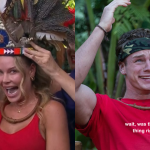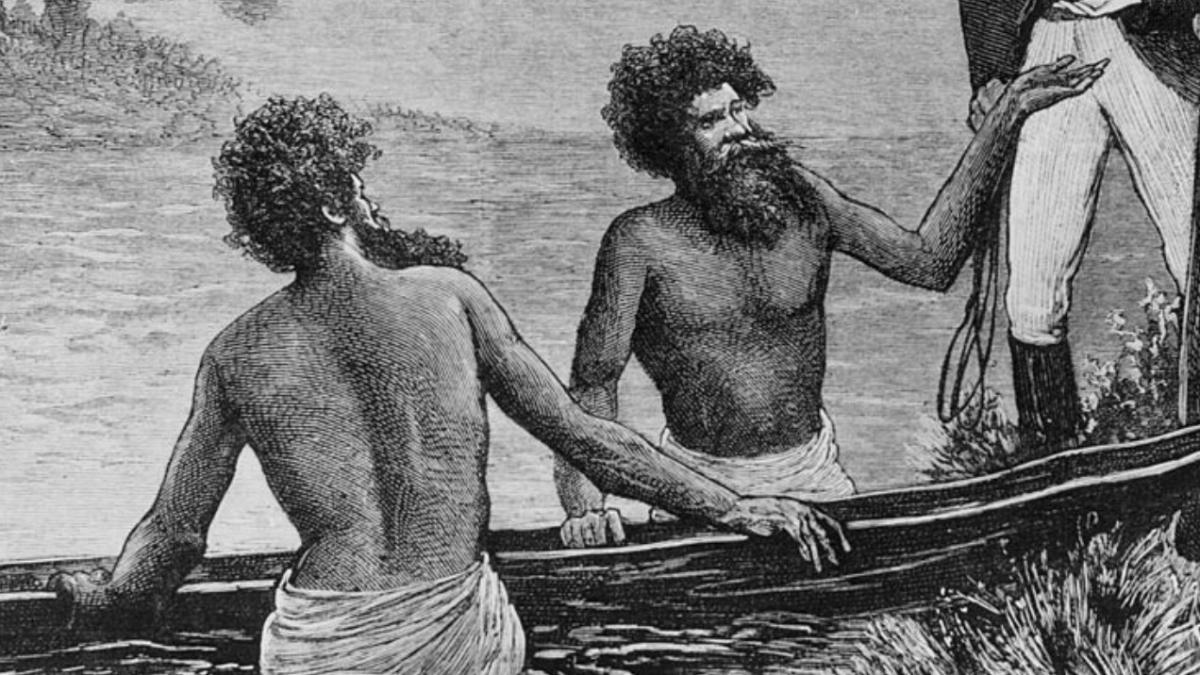
Aboriginal people – and Bla(c)k people all over the world – have been hunted and hated; treated like disposable animals at the slaughterhouse, for hundreds of years.
Terra nullius, murder, dispossession, slavery, theft, rape and mass incarceration are the building blocks of the not-so ‘lucky country’.
The looting of traditional land, language, lore and liberty has greased the colonial cogs of our expropriating economies: commodifying whiteness whilst devaluing and decimating Aboriginal lives.
Aboriginal people have been intentionally excluded from civic, political and economic participation. We have been used as human capital stock to build white people’s fortune and watched on like extraterrestrial beings as they consolidate their power through wealth, policy and infrastructure.
Mass incarceration was the natural evolution of the Frontier Wars as our ancestors were confronted with murder, rounded up like cattle and imprisoned on missions across the country.
This is the plot of the Australian story.
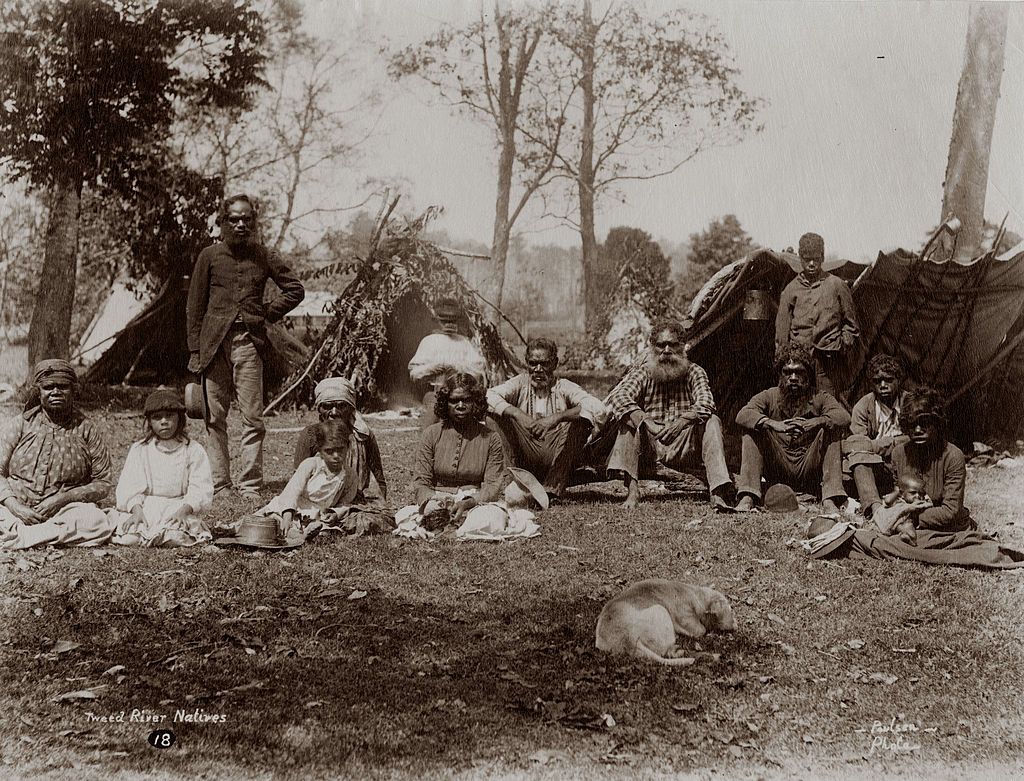
Since 2008, more than 435 Aboriginal & Torres Strait Islander people have died in police custody as the epidemic levels of Black incarceration and segregated inequities continue to grow.
You’ve heard about this; but do you see or feel these deaths enough to do anything about it?
What we see today is a permeation of the systemic racism and fallacies of white superiority; a system and ideology that in the process of ageing, has taken a different look.
It hasn’t been abolished, it has only been repackaged and reformed.

White supremacy is everywhere – you refer to Blackfellas as “our First Nations people” or “our Indigenous Australians”.
This language articulates ownership and a hierarchical superiority.
In the 1970s, Black Panther leader Assata Shakur provided a bleak reflection of what it was like to be a Black person.
Assata mused about ‘prison being maximum security whilst life in society being minimum security. The police patrol the neighbourhoods like the guards patrol the jails. You are physically bound in one and mentally shackled in the other’.
She later concluded that ‘Black people don’t have the faintest idea of what it means to be free’.
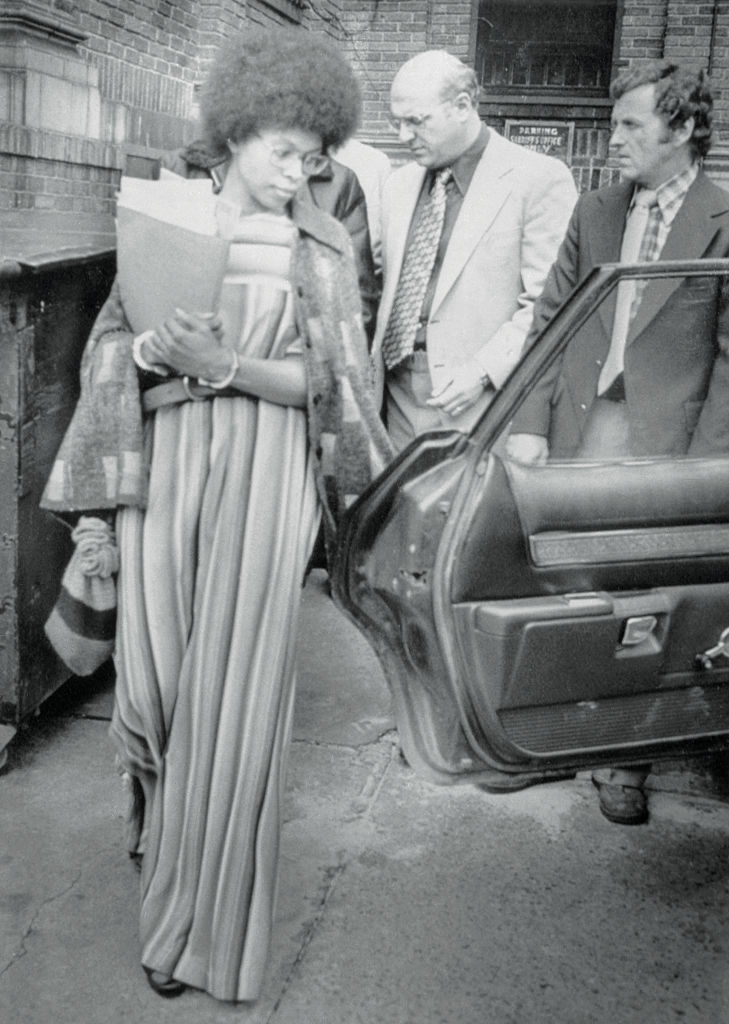
Shamefully, some fifty years later, Assata’s summation still holds truth regardless of where you are in the world.
The forced compromises for incremental gains is literally killing us.
Insulting go-slow agendas like ‘reconciliation’ insinuate that there was previously a friendly relationship between Indigenous Australia and the commonwealth.
These niceties encourage Australia’s wounds to mutate, block accountability and promote an emboldened narcissism for white supremacy to take flight – look no further than the current Prime Minister.
There’s nothing friendly about terra nullius, being classified as flora and fauna, stealing babies from their mothers, poverty, discrimination, neglect, chronic disease, starvation, shaming people for the colour of their skin and genocide.
There’s nothing friendly about stripping people of their lands, languages, lore, liberty and the ongoing cowardice of denialism.
There’s nothing friendly about the eugenics of the White Australia Policy and its attempts to breed out the magic of our Blackness.
There’s nothing friendly about the racist Northern Territory Intervention that has displaced Aboriginal people from their lands in the interests of fossil fuel companies.
For the record: many of you have looked down from your ‘civilised’ vistas upon Aboriginal people as ‘stone age savages’.
The shoes are on the wrong feet.
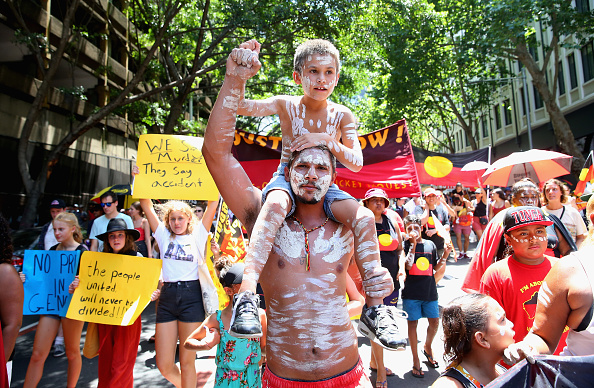
Australian and global institutions have exploited the masses, created systems of inequity, destroyed the environment, hoarded wealth, depleted resources, only to offer performative charity to temporarily distract the populace from the very problems that these people and institutions created.
Metaphorically, it’s like allowing a mass murderer to avoid sanction because they pay for the casket and provide eulogies at the funerals.
As an Aboriginal person, I know the importance of labels, and I can assure you that these people, companies and governments aren’t philanthropic heroes and socially responsible citizens.
They are criminal enterprises that have been legalising their corruption in plain sight – we’ve just been distracted by our addictions to material consumption, steadfast in pursuit of superficial success and sidetracked by sport.
We haven’t been paying attention.
Behavioural change at an individual level, multiplied by the masses, will lead to the uprooting of the economical, judicial, political, cultural and educational systems that have allowed the mainstream to source its strength from Bla(c)k people’s struggle.
Don’t expect philanthropy, corporate social responsibility plans, diversity and inclusion plans, social media solidarity or crony politicians to navigate us out of the mess that they created.
Freedom is found when you can admit you have a colonised mind; and that the human experience you’ve been taught came from a patriarchal and white supremacist framework.
A vulnerable journey through history will allow you to recognise the myriad of fallacies that surround us; it will lead you to great heights, from where you can look back, draw conclusions, before defining the best possible route towards the horizon.
The longevity of white supremacy is dependent on the willingness of the Australian majority to dismantle it.
Ben Abbatangelo is a descendant of the Gunaikurnai people. Ben is a former professional athlete, Deputy CEO of the global non-profit, AIME, and a virtuoso executive leader, freelance writer and storyteller.



